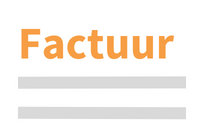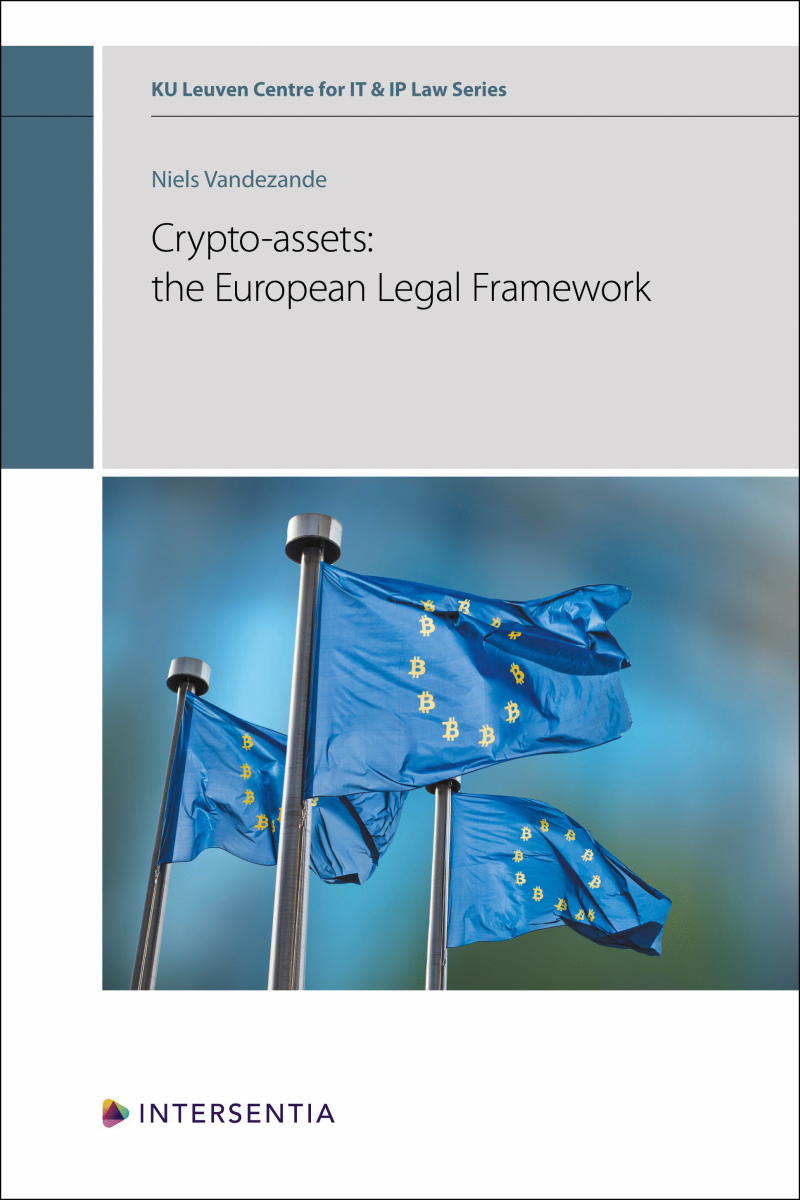 maestro
mastercard
visa
maestro
mastercard
visa

Crypto-assets: the European Legal Framework

Crypto-assets continue to make worldwide headlines with their value fluctuations and the often-dramatic demises of issuers of crypto-assets or service providers. Nevertheless, crypto-assets have grown from a fringe phenomenon to a global market worth over USD 1 trillion. It should therefore be no surprise that this market is closely watched by legislators and regulators worldwide. However, the legal framework in which this market operates remained less understood for a long time.
This book focuses on the financial and economic law framework regarding virtual currencies or crypto-assets in Europe. It establishes a typology of virtual currencies or crypto-assets and assesses whether they can be considered as money. It analyzes whether the existing EU legal frameworks on electronic money, payment services, anti-money laundering, and markets in financial instruments can be applied to virtual currencies or crypto-assets. A functional comparison is made to the US, where more regulatory initiative has been identified.
In 2023, the European legislator adopted a regulatory package enacting a sweeping reform of the legal framework. This package includes revised anti-money laundering rules, rules on information accompanying the transfer of crypto-assets (“Crypto Travel Rule”), rules on administrative cooperation, a pilot regime for blockchain-based securities trading, rules on digital operational resilience, and – most importantly – rules on markets in crypto-assets. The Markets in Crypto-Assets Regulation (MiCAR) will form the core of EU regulation of crypto-assets for years to come and a thorough understanding of this framework is therefore key to all practitioners in this field.
This book is a revised edition of “Virtual Currencies: a legal framework”, thoroughly updated to include the 2023 reforms enacted in the European Union.
Dr. Niels Vandezande is a legal consultant at Timelex and senior affiliated researcher at the KU Leuven Centre for IT & IP Law (CiTiP). He specializes in FinTech and closely follows all developments regarding crypto-assets, DeFi, Web3 and blockchain.
Elektronische versie beschikbaar op :
- Strada lex België
- Strada lex Europa
Heeft u een abonnement? Activeer kosteloos de digitale versie dankzij de code in het boek.
| Producttype | Boek |
|---|---|
| Formaat | Hardback |
| EAN / ISSN | 9781839703928 / 9781839705069 |
| Reeksnaam | KU Leuven Centre for IT & IP Law Series |
| Gewicht | 990 g |
| Beschikbaarheid | In voorraad |
| Aantal pagina's | 518 blz. |
| Toegang tot oefeningen | Nee |
| Uitgever | Larcier |
| Taal | Engels |
| Publicatiedatum | 18 jul. 2023 |
| Beschikbaar op Strada Belgique | Ja |
| Beschikbaar op Strada Europe | Ja |
| Beschikbaar op Strada Luxembourg | Nee |
Uittreksels
- Table of contents and preliminary pages
Niels Vandezande - Introduction
- PART I. CONCEPTUAL ANALYSIS
- Chapter I. Typology and Terminology of Virtual Currencies
- Chapter II. Perspectives of Money
- PART II. EXISTING EU FINANCIAL LAW FRAMEWORKS
- Chapter III. E-Money and Payment Services in the EU
- Chapter IV. Anti-Money Laundering in the EU
- Chapter V. Financial Instruments in the EU
- PART III. EU CRYPTO LAW FRAMEWORK
- Chapter VI. Anti-Money Laundering Regulation
- Chapter VII. Regulation on Information Accompanying Transfers of Funds and certain Crypto-Assets
- Chapter VIII. Directive on Administrative Cooperation 8
- Chapter IX. Markets in Crypto-Assets Regulation
- Chapter X. Regulation on a Pilot Regime for Market Infrastructures based on Distributed Ledger Technology
- Chapter XI. Digital Operational Resilience Act
- PART IV. US COMPARISON
- Chapter XII. Virtual Currencies and Service Providers in the US
- PART V. CONCLUSION
- Chapter XIII. Integration, assessment, and conclusions
- Selected Bibliography